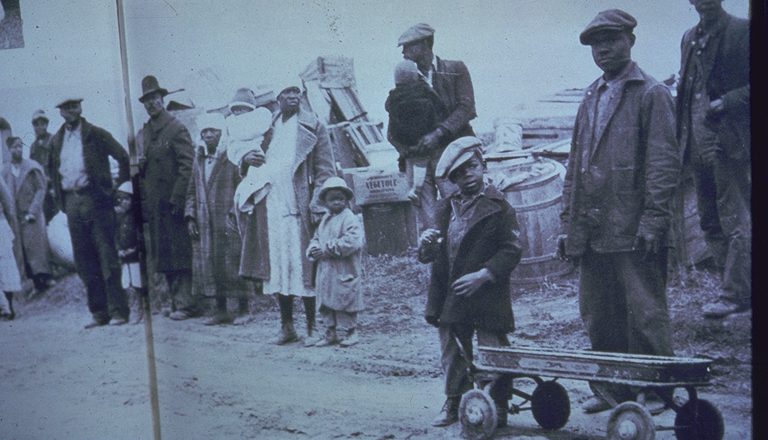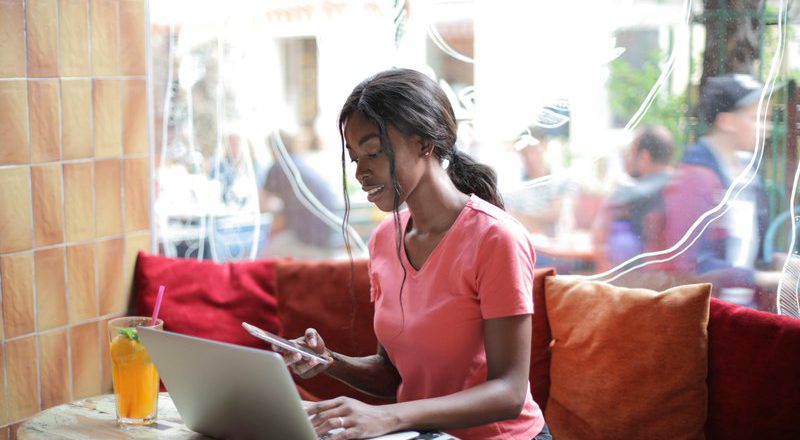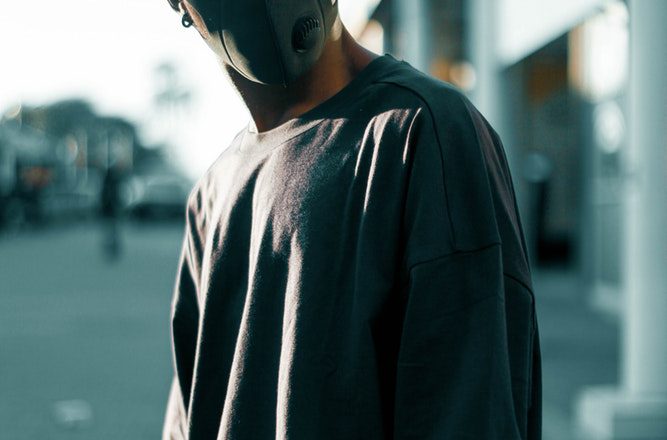To stop police shootings of people with mental health disabilities, I asked them what cops – and everyone – could do to help
When Joe Prude called the police on his brother, he was asking for help: Daniel Prude, who suffered from mental health problems, had run almost naked out of his Rochester, New York, house into the snow. When officers arrived, new video footage shows, the March 23 encounter quickly turned violent, and Prude died from asphyxiation under a hood officers had put over his head.
Two years prior, in 2018, Shukri Ali Said of Georgia also wound up dead after leaving her house during a mental health crisis on April 23, 2018. Police, called in to help, found Said standing at an intersection holding a knife. Officers shot her five times in the neck and chest, killing her.
That same month, in New York, officers answered a 911 call about a black man waving something that looked like a gun. In fact, it...






